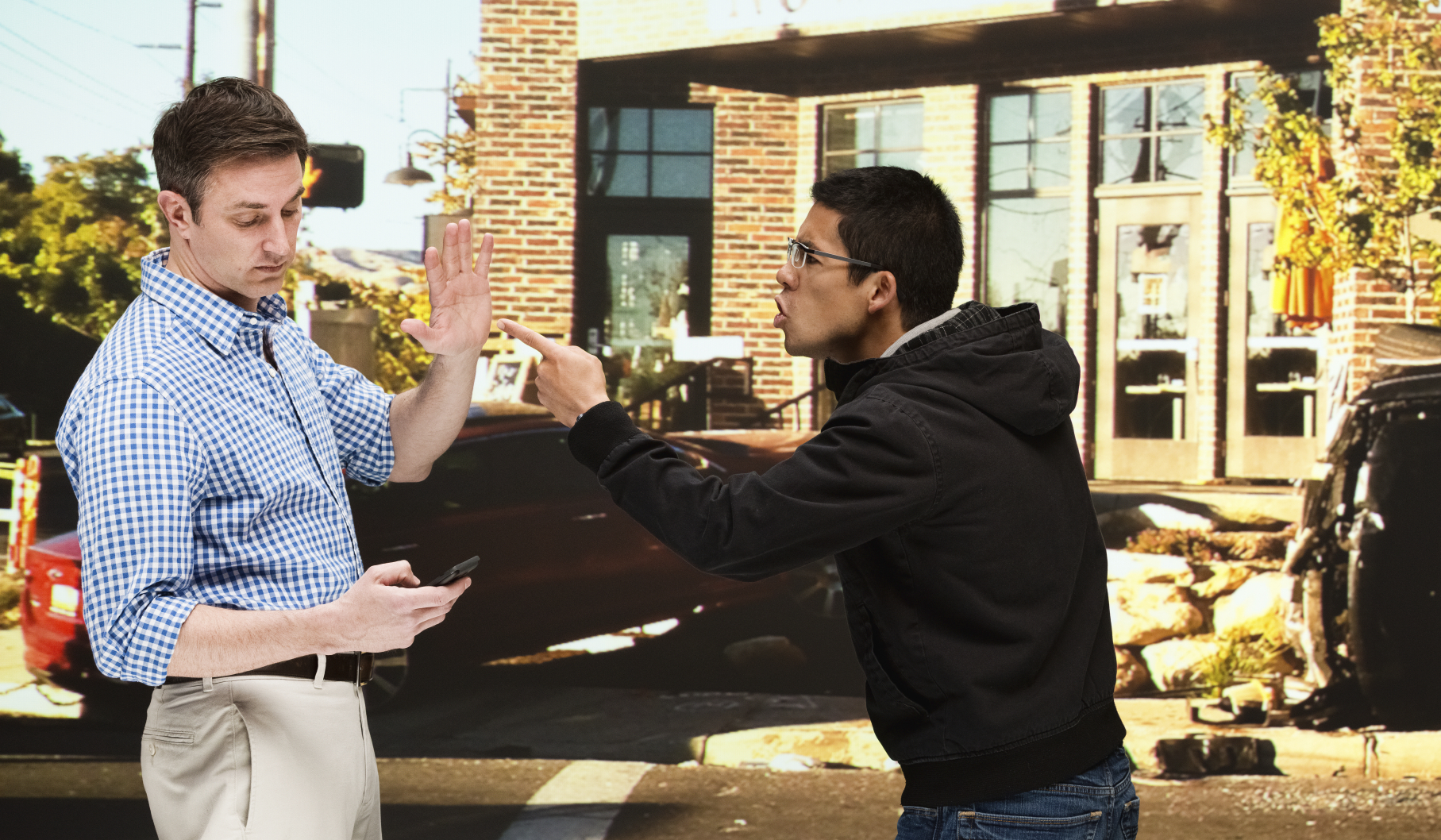
Use of a non-owned autos in food and beverage businesses is common. Most of the time these vehicles are owned by employees or owners of the business itself because it makes sense. The cost to purchase, maintain and insure commercial vehicles is expensive. In addition to cost, the use of vehicles is secondary to most business models. Consequently, non-owned autos are very popular.
Personal Vehicle Types
Due to the wide variety of potential non-owned vehicles let’s set some parameters. Personal vehicles include non-owned private passenger autos, pickups, SUV’s or minivans. Vehicles are also primarily for personal use not commercial use. Most of all the vehicles are not titled to the business entity. This article is also going to make the assumption your business formation is sole proprietorship.
Examples of Non-Owned Autos
I am going to use some examples to set the stage. Delivery to a local client in an owner’s pickup. Your salesperson uses their vehicle to make sales and service calls to clients. A person in your office uses their vehicle to run routine errands. Finally, an employee loads up their minivan for a day at a farmers market. All of these situations are examples of popular uses of personal vehicles in business.
Personal Auto Insurance
While a personal vehicle is used in business how does insurance respond to a loss? Odds are very good the personal insurance for a non-owned auto will probably cover an accident. The business and the individual will be afforded coverage unless an exclusion exists in the personal policy. Exclusions are not common but they are out there.
The problem is the limit of insurance. Rather than each party having their own coverage, limits are being shared by the owner of the vehicle and the business entity. It is rare that small to mid size companies check insurance coverage on non-owned vehicles. In my experience, limits carried by the vehicle owner are often low. As a result the overall coverage picture is not positive. Therefore, even small accidents could exhaust the limits on the personal policy leaving your business exposed.
Also, business owners pay little attention to the maintenance of a non-owned auto. If it runs it must be fine. Squeaking breaks, leaking oil, bad tires, cracked windshields are all the problem of the owner until they become a contributing factor in a loss.
When the accident happens and the personal insurance runs out the business has a problem. That problem is no more insurance.
Hired & Non-Owned Auto Liability Insurance
The fix is simple and includes purchasing coverage commonly known as Hired and Non-Owned Auto Liability coverage. It protects the business for liability associated with the use of non-owned autos and rented vehicles. There is no need for the business to own a vehicle or have a commercial auto policy. If a commercial auto policy is in place then the appropriate Covered Auto Symbols (8 & 9) designated on the commercial auto policy declarations will grant coverage. A business without a commercial auto policy can add it to their General Liability policy.
Insurance Specifications-Vendors
Vendors may require this coverage. The requirement varies based on the situation. I have seen vendors very adamant on this coverage. Ask your vendor what their stance is on this coverage.
Tips you can use:
- Check insurance limits on all non-owned autos used in your business
- Consider setting a minimum limit for liability at 100/300/100 or 300,000 combined single limit
- Check the maintenance of all vehicles
- Buy Hired & Non Owed Liability Coverage (cost will vary but $150 to $250 is not uncommon when added to a liability policy)
Best Regards,

